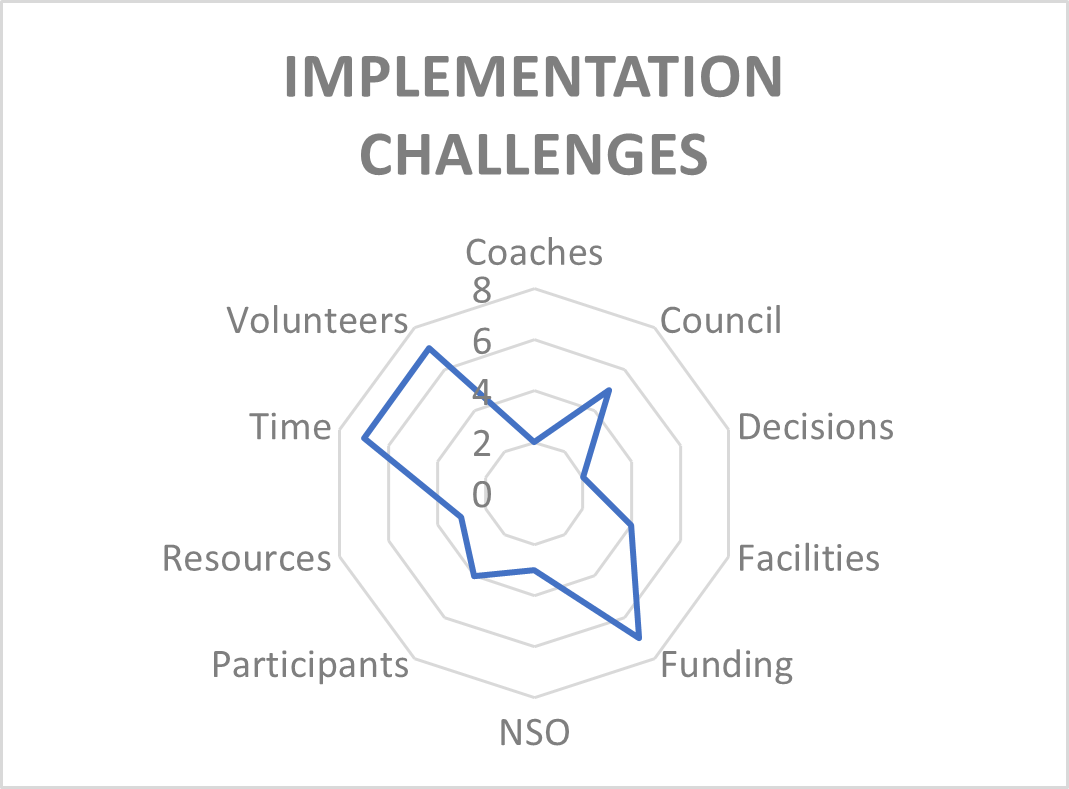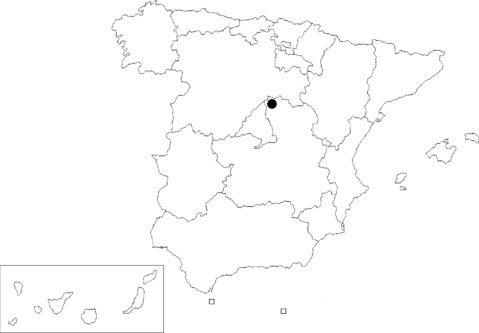Found 2 results
Article
22 March 2024Community Sport, Australian Sport Policy and Advocacy: A Qualitative Study of Stakeholder Perspectives
This article explored aspects of the community sport policy process in rural New South Wales, Australia, focusing on the views of community sport club (CSC) officials relating to policy matters. Community sport represents a complicated policy arena, and rural communities face a level of disparity compared with better-resourced urban CSCs, particularly concerning policy implementation and advocacy issues. Officials at CSCs from ten different sports (n = 10) in a rural setting participated in semi-structured interviews to pinpoint themes common in the community sport policy process. Further, the research identified aspects of the connections that impact CSCs, including those with government and National Sporting Organisations (NSOs). To highlight the beliefs and attitudes of the CSC officials, the interviews had two key thematic foci—implementation and advocacy—and the findings highlighted sub-themes relating to the fundamental interests of CSCs. Overall, the research accentuated the hierarchical nature—a power imbalance—of sport policy processes, the potential for CSCs to have a bottom-up role in policy creation, and the consideration of a policy analysis and evaluation structure such as the Advocacy Coalition Framework. Finally, the outcome points to enthusiasm for strengthening community sport by giving CSCs a voice through localized advocacy.

Comment
19 January 2024New Geographical (Im)materialities in Rural Spaces for a Renewed Countryside in the Global North. Some Key Comments in the Rural Geography Debate
From the point of view of the new (im)materialities and the relevance of vernacular house in the process of rural change and restructuring, this contribution comments some possible innovative ways of research in rural studies. The objective of the study is to bring the attention about the relevance of vernacular houses in the process of global rural change and restructuring and their particular expressions in localities and vernacular houses. The methodology in qualitatively based on auto-biographical and ethnographical research based in three houses of study in a marginal rural area of central Spain. The main conclusions suggest a process of hybridization of people and vernacular houses with two different circuits: new comers and traditional populations.
